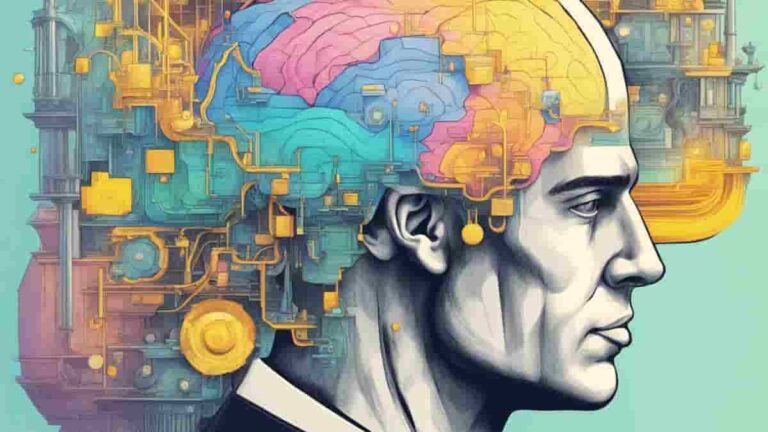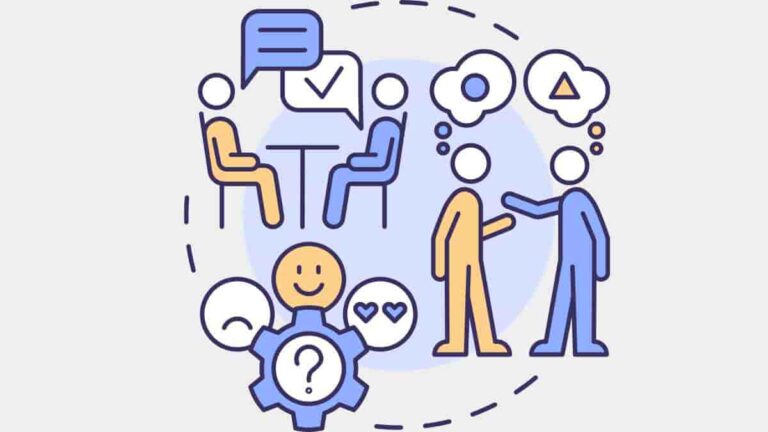The false consensus effect is a well-known cognitive bias in social psychology, where individuals tend to overestimate the extent to which their opinions, beliefs, and behaviors are shared by others. It is categorized as an egocentric bias because it results from people’s tendency to project their own beliefs onto others. One of the factors contributing to the…
Tag: cognitive bias
Base Rate Fallacy: Understanding and Overcoming Cognitive Bias
In probability judgments, ignoring the base rates can lead to errors called the base rate fallacy. This occurs when people fail to consider the base rates while assessing the likelihood of an event or attribute happening. Instead, they rely on specific information about a case, causing them to overlook the fundamental probabilities derived from a broader…
Understanding the Representativeness Heuristic
The representativeness heuristic is a mental shortcut that helps individuals make judgments by comparing the similarity of new information to existing mental prototypes. According to prototype theory, we generate these prototypes based on our experiences and use them as a reference point for evaluation and decision-making. When using the representativeness heuristic, individuals often overestimate the probability of occurrence…
The Availability Heuristic Cognitive Bias
The availability heuristic is a cognitive bias that influences the way individuals perceive the frequency or likelihood of an event based on the ease with which relevant instances come to mind. A heuristic in psychology is a mental shortcut, allowing people to make quick judgments and decisions without investing significant cognitive resources into evaluating every…
What is Status Quo Bias?
Status quo bias is an emotional bias in which individuals prefer maintaining their current state or decision, even when better alternatives exist. It is a reflection of people’s resistance to change and desire for familiarity. This bias can influence decision-making in various aspects of life, ranging from personal investments to organizational decisions. Status quo bias…
What is Anchoring Bias – Decision-making Impacts
Anchoring bias is a type of cognitive bias that affects decision-making processes. It occurs when an individual relies too heavily on an initial piece of information, known as an “anchor”, to make subsequent judgments. This can lead to errors in judgment, as people tend to insufficiently adjust their estimates away from the initial anchor. Anchoring bias is…
What is Self-serving Bias – Examples and Impacts
The self-serving bias is a cognitive bias that describes an individual’s tendency to attribute positive outcomes to their own actions and abilities while attributing negative outcomes to external factors. This bias is common in people’s interpersonal relationships and can significantly impact their perception of themselves and others. Self-serving bias is a type of attribution bias.…
What is Actor Observer Bias?
Actor Observer Bias is a cognitive bias that influences the way people perceive and attribute the causes of behaviors. In simple terms, this bias causes individuals to attribute their own actions to external factors, while attributing others’ actions to internal factors, like personality traits or inherent characteristics. This bias plays a significant role in social…
What is Fundamental Attribution Error: Decoding this Common Psychological Bias
The fundamental attribution error (FAE) is a cognitive bias that plays a significant role in social psychology. It refers to the tendency of individuals to overestimate dispositional factors, such as personality traits, while underestimating situational factors when trying to explain other people’s behaviors. This cognitive bias, also known as correspondence bias or attribution effect, was initially introduced by Lee Ross, a…








